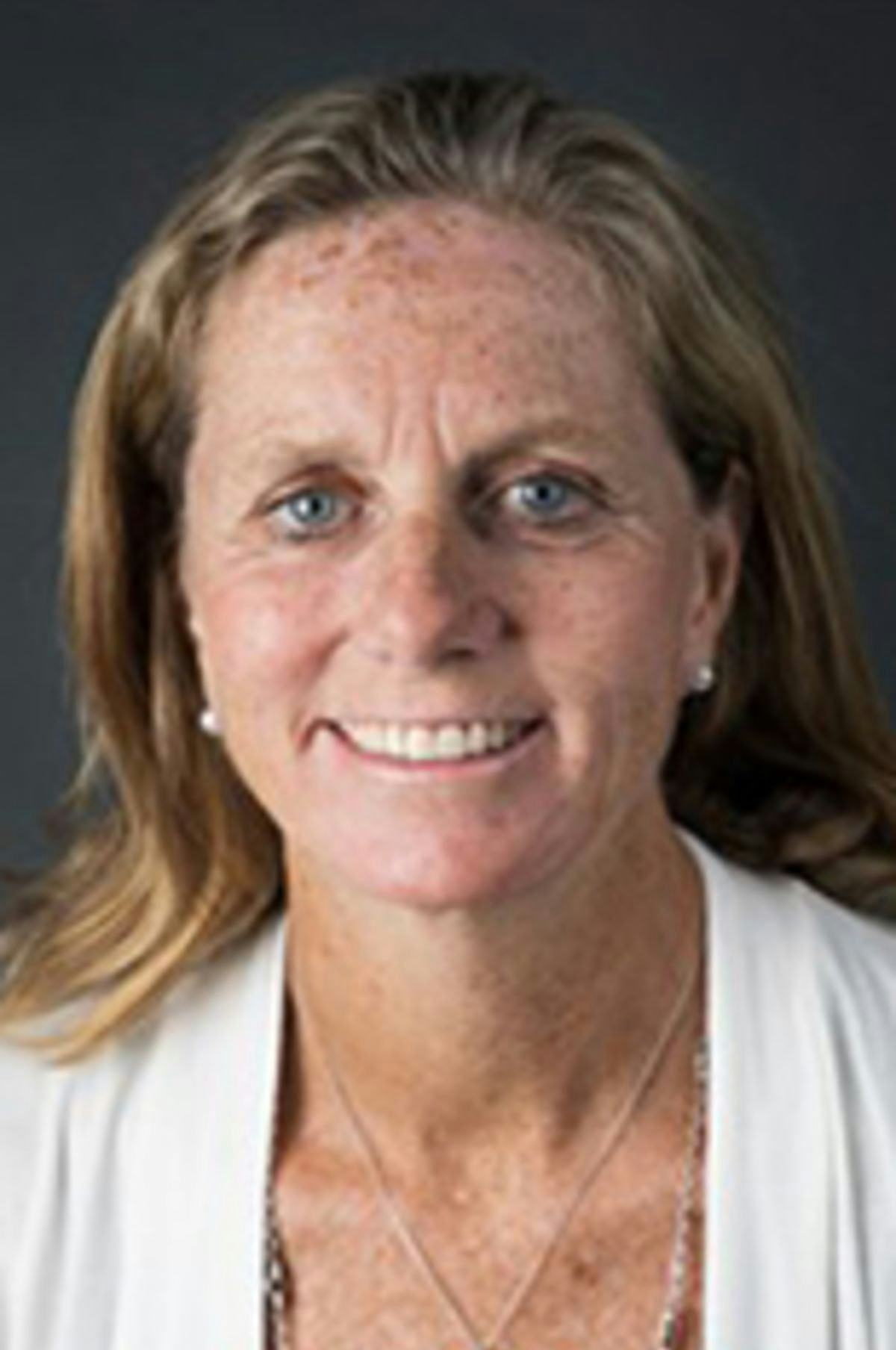Being Told She Wouldn't Get into Stevens Was All the Motivation She Needed
Her high school guidance counselor tried to steer Jennifer Ramirez '09 M.S. '10 elsewhere. Today, alumna says, 'I want to be a supporter' for future students.
Students choose to study at a particular college for many reasons — the location, the social life, career opportunities and so on.
Jennifer Ramirez '09 M.S. '10 chose Stevens Institute of Technology because she was told she wouldn’t get in.
In high school, her guidance counselor tried to steer Ramirez to safer schools, “but I didn’t work this hard in high school to be told I can’t get in,” she said.
After being introduced to Stevens at a college fair, a math teacher encouraged her to apply, and it wound up being the right decision for Ramirez, today the director of compensation and HR analytics at IPG Mediabrands and Kinesso.
“What caught my eye about Stevens was the Chemical Biology program, which had a great success rate for alumni, and this new Business & Technology program they had just started,” said Ramirez, who graduated in 2009. “I knew I wanted something more technical, not just business administration, and figured I could start in ChemBio and switch majors if I didn’t enjoy it.”
Learning to bridge the gap
Students in the Business & Technology major have the flexibility to choose their own concentrations, encouraging them to explore different areas where those two disciplines overlap. Ramirez said her Stevens professors — especially Profs. Bernie Skown, Robert Stinerock and John Keating — taught her new tools, but more importantly, how to think critically about technology in business.
“You learn to do things a certain way in college, but then you wind up in the workplace and each company does things a little differently,” Ramirez said. “What I learned at Stevens is how to learn to bridge that gap, by understanding underlying concepts and having the flexibility to apply my knowledge in different ways.”
In the HR offices of IPG Mediabrands and Kinesso — media and marketing intelligence specialty firms representing clients worldwide — Ramirez’s enthusiasm and knowledge about technology helps her stand out, whether she’s introducing automation to a manual process or implementing a new compensation tool that affects thousands of employees across the company. She’s a valued asset who serves as a go-between for HR and IT professionals, since she can quickly diagnose problems and communicate them to the right technical teams or audience.
She especially enjoyed her recent technology implementation project because it touched on her twin interests in technology and project management, even though it was a six-month effort to complete.
“It really all comes down to project management,” she said. “I love being able to envision a project from start to finish and know how to get there — how to fit pieces together, to look for milestones and to motivate my team to keep us enthusiastic through a long process.”
In fact, Ramirez earned a master’s in Management, with a project management concentration, from Stevens immediately after earning her bachelor’s in 2009. Though the economy was still reeling from the financial crisis, she secured a job offer in her senior year; rather than accept what she felt was a low starting salary — never lowball a compensation expert — she instead returned to the classroom. After finishing her master’s, she accepted an offer with Verizon, eventually rising to senior business intelligence analyst in HR operations with the company.
“Being surrounded by people working in different industries, and seeing how they applied the same concepts in different functions, was the most valuable part of grad school,” she said. “I didn’t have that same kind of work experience, but I was working while taking classes and tried to use that experience on different grad projects.”
Work ethic extended to the field
Even without that professional experience, Ramirez’s willingness to work hard helps her overcome obstacles. That’s how Celine Cunningham, former head coach of the women’s lacrosse program, remembers Ramirez.
“The thing I admire most about Jen is her work ethic,” said Cunningham, now senior associate director of athletics at Bates College, in Lewiston, ME. “She didn’t score the most goals, but she was a great teammate who had an eye for people who were struggling, and who would help pick them up. And I still remember some of her one-liners that would lighten the mood when things got tense.”
The two remain connected on social media; Cunningham said she’s enjoyed watching Ramirez’s professional success.
“All coaches are most proud of what our athletes do after they graduate, more so than what they do at school,” she said. “I’m super proud of her and what she’s accomplished.”
Ramirez said she hopes her accomplishments can inspire future generations of Stevens students. She recently joined the School of Business Young Alumni Council, where she hopes to introduce tech-savvy students to the human resources discipline, which she said needs more professionals comfortable with data and analytics.
“From an HR perspective, I know what we’re looking for when we hire employees,” Ramirez said. “Stevens has so many students studying business intelligence, data analytics and project management. We need more of those skills in HR and in our business.
“Beyond that, I’m looking forward to being a voice for minority groups and women. I think we can do more to empower women and minorities to be successful. I’ve been told ‘no’ plenty of times — I want to be a supporter and tell someone, ‘Yes, you can.’”
Undergraduate Business Experience Career Success School of Business



